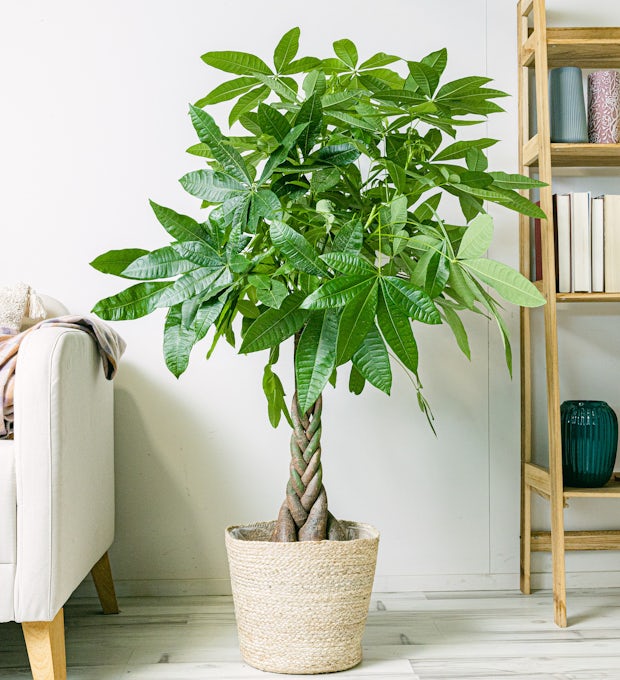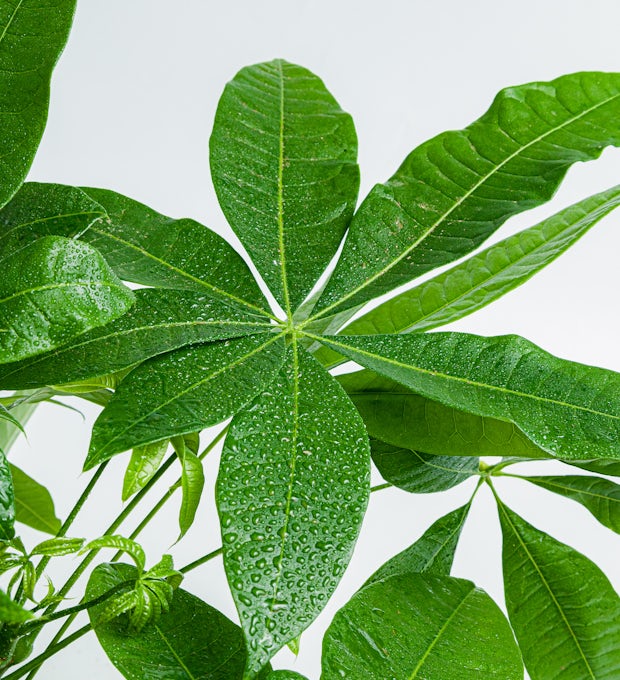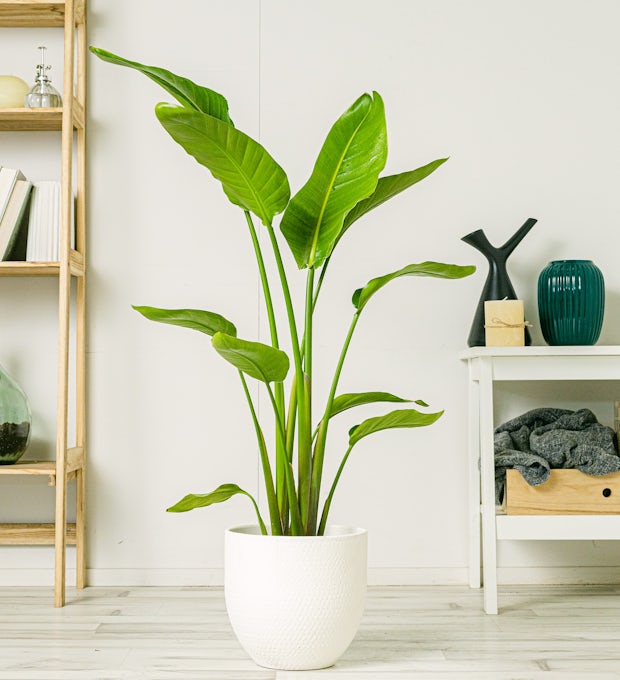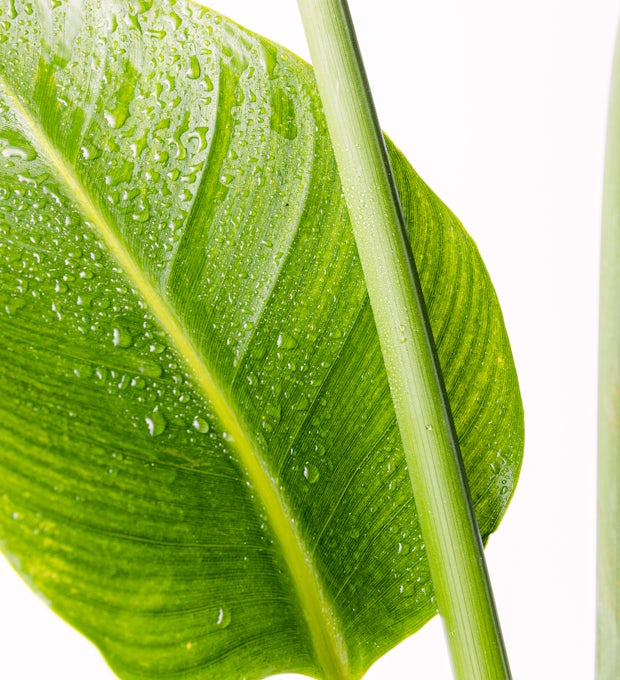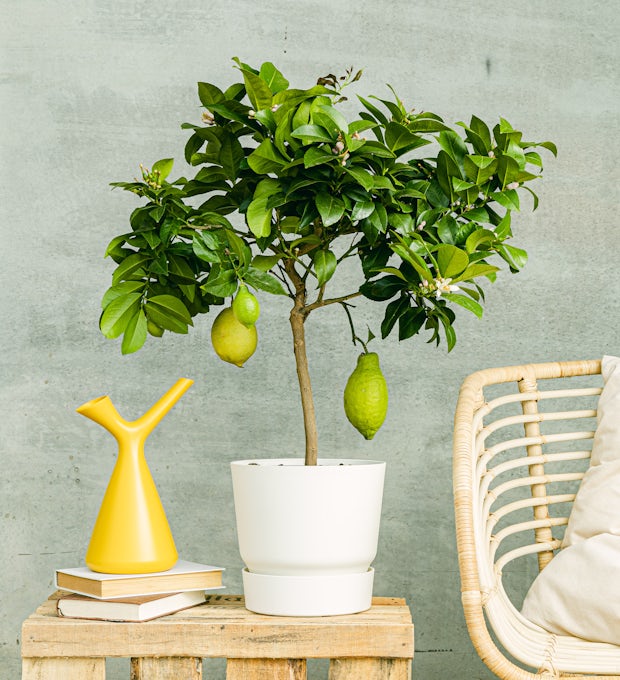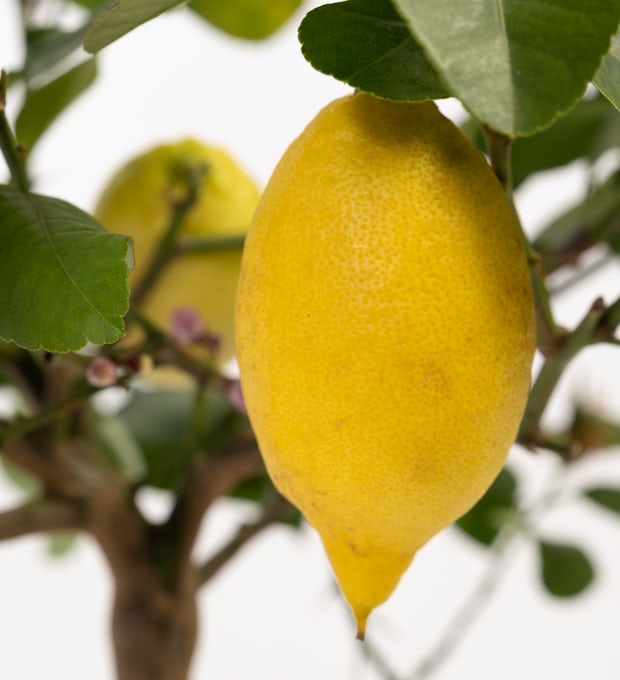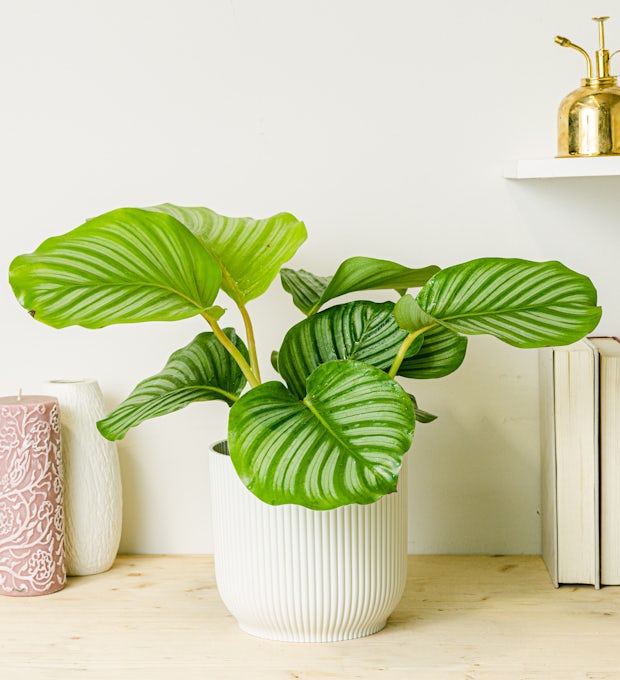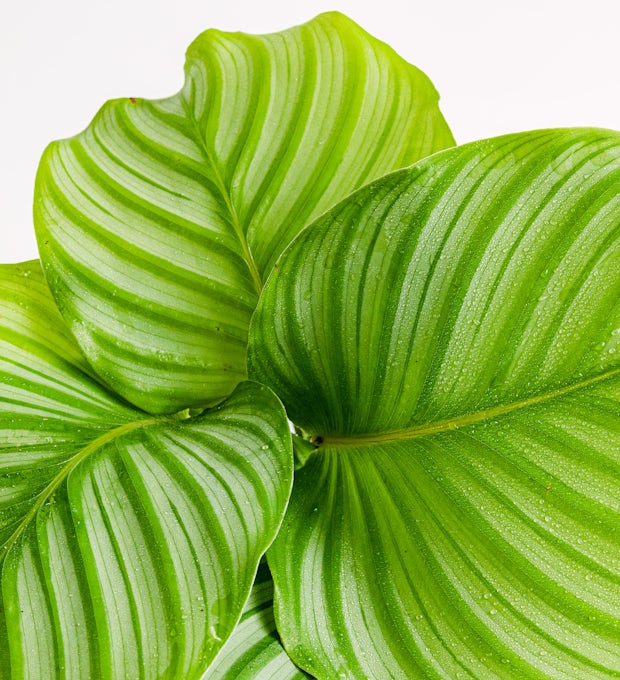Are you looking to add a touch of nature to your home but don't know which houseplant to choose? Do not worry! In this ultimate guide, we'll help you find the perfect plant for your space and your pets. We'll start by understanding the needs of your adorable furry companions and then explore how to find the ideal space for your new plant. We'll also give you specific recommendations for cat and dog-friendly plants, as well as options that will purify the air in your home. In addition, you will discover creative solutions for small spaces with hanging and vertical plants. Finally, you'll learn how to maintain a healthy and safe indoor garden for everyone. Get ready to spice up your home with a beautiful houseplant!
Understanding Your Pets' Needs
Understanding your pet's needs is crucial when choosing the perfect houseplant for your home. Cats, for example, are known for being curious and exploratory, which means they tend to bite or chew on plants. It is important to avoid those plants that can be toxic to them, such as peace lily or aloe vera. On the other hand, dogs have a natural tendency to dig and play in the dirt, so it's important to choose hardy and durable plants. In addition, it is necessary to take into account the size of your pets and their activity level when choosing the location of the plants. If you have an active cat that jumps and runs around the house, you want to make sure to place the plants in high, safe places. If you have a large dog, it is advisable to choose hanging or vertical plants to prevent them from trampling or damaging them. In short, understanding the specific needs of your pets is key when choosing the right houseplant for your home. This way, you can create a safe and healthy environment for everyone in your family, including your adorable furry companions.
The Art of Finding the Ideal Space
The Art of Finding the Ideal Space
Finding the ideal space for our houseplants can seem like a challenge, but with a little planning and knowledge, we can create an optimal environment for their growth and development. The first thing we need to consider is the amount of sunlight the space will receive. Some plants require intense light, while others prefer shadier locations. Observing how much natural light reaches the area throughout the day will help us determine what type of plants will be most suitable.
Another important factor to consider is the temperature and humidity of the space. Some plants thrive in warm, humid environments, while others prefer cooler, drier climates. It's important to consider these specific needs when selecting plants for our space.
In addition, we must evaluate the size and layout of the available area. If we have a small space, hanging or vertical plants can be an excellent option to make the most of vertical space. It is also important to make sure that there is enough space for the roots to develop properly and that there is good drainage to avoid moisture problems.
When choosing the ideal space for our houseplants, it is essential to remember that each plant has its own needs and requirements. Taking the time to research and understand the specific characteristics of each species will help us make informed decisions and ensure their well-being.
In short, the art of finding the ideal space involves considering light, temperature, humidity, and the size of the available area. By taking these factors into account and adapting them to the individual needs of each plant, we will be able to create an environment conducive to its growth and enjoy a beautiful indoor garden in our home.
We ship plants to all locations, you can see more options here.
Cat-Friendly Plants: Beauty and Safety in Balance
Cat-friendly plants are a great option for those who want to add a touch of beauty to their home without compromising the safety of their pets. When choosing plants for a home with cats, it is important to consider both the appearance and toxicity of the plant. Some popular plants that meet these criteria include catnip, valerian, and peppermint. Not only are these plants safe for cats, but they also provide them with fun and stimulation. Catnip, for example, can help calm anxious cats and provide them with a safe place to scratch. In addition to these options, there are also non-toxic plants such as Boston fern, bamboo palm, and African violet, which can add color and life to any space without posing a risk to curious felines. When choosing cat-friendly plants, it's important to do your research and make sure they're safe for your particular pet. It is also recommended to keep plants out of the reach of cats or use hanging pots to prevent pets from ingesting them excessively. In short, by balancing beauty and safety, cat-friendly plants are an ideal choice for those who want to enjoy an indoor garden without worrying about the health of their beloved feline pets.
We ship plants to all locations, you can see more options here.
Plants Dogs Love: Fun and Care at the Same Time
Plants that dogs love are a great choice for those pet lovers who want to have a safe and fun indoor garden for their canine companions. Not only do these plants provide entertainment for our dogs, but they also offer benefits for their health and well-being. Some of these plants include catnip, which not only attracts cats, but is also very attractive to dogs, who enjoy wallowing in it. Another popular plant among dogs is mint, which has a strong, uplifting aroma that can provide hours of fun sniffing and playing with. In addition, wheat or barley grass is also a great choice for those who have dogs indoors, as it allows them to satisfy their natural herding instinct. However, it's important to note that some plants can be toxic to dogs, so it's always recommended to do your research before introducing new species into the home. Maintaining a safe and suitable indoor garden for our furry friends is critical to ensuring their happiness and well-being.
Pleasant Aromas and Air-Purifying Plants
Not only are plants a beautiful addition to any home, but they can also help purify the air and keep it fresh. Some plants have the ability to absorb certain pollutants from the air and release oxygen, making them an important element in improving indoor air quality. In addition, many plants have natural fragrances that can fill your home with pleasant, soothing scents.
Air-purifying plants include English ivy, peace lily, ficus benjamina, and lucky bamboo. These plants are known for their ability to filter chemicals such as benzene, formaldehyde, and trichloroethylene from indoor air. On the other hand, some plants such as lavender, peppermint, and rosemary have aromatic properties that can help relieve stress and promote relaxation.
However, it is important to remember that some plants can be toxic to pets if ingested. If you have animals at home, be sure to choose plants that are safe for them, such as bamboo palm or African violet. It is best to avoid plants such as Easter lily or philodendron as they can be dangerous to cats and dogs.
In conclusion, having air-purifying plants in your home not only gives you a healthier environment but can also help you create a more relaxing atmosphere thanks to their natural fragrances. Be sure to do your research on the different pet-safe plant options before choosing what your new green addition will be.
Hanging and Vertical Plants: Solutions for Small Spaces
Hanging and vertical plants are great options for those who have small spaces in their home. Not only are these plants beautiful, but they're also a creative solution for adding a touch of green to any room. Hanging plants, such as English ivy or Boston fern, can hang on walls or shelves and create a cascade of green leaves. Vertical plants, such as vertical gardens or wall planters, can take advantage of the vertical space available in a room and add a modern and stylish touch.
In addition to being an aesthetic solution for small spaces, these plants can also help improve indoor air quality. Some hanging and vertical plants, such as the peace lily or spider mite, are known to purify the air and remove harmful toxins.
It's important to note that these plants require special care. hanging plants should be watered regularly and make sure the roots don't dry out. Vertical plants also need constant attention to prevent them from drying out or dying. Additionally, it is important to choose plants that are suitable for the amount of natural light available in the space.
In short, hanging and vertical plants are great options for those looking to add a touch of green to small spaces in their home. Not only are they beautiful and aesthetically pleasing, but they can also improve indoor air quality. However, it's important to remember that these plants require special care and should be chosen carefully based on the amount of natural light available in the space.
Maintaining a Healthy, Risk-Free Indoor Garden
Maintaining a healthy and risk-free indoor garden is essential to ensure the well-being of our pets and maintain a pleasant environment in our home. To achieve this, it is important to follow some practical tips. First of all, we need to make sure that we choose non-toxic plants for our pets. Some safe options include bamboo palm, African violet, and Boston fern. In addition, it is essential to keep plants out of the reach of our pets, either by placing them on high shelves or using hanging pots. We should also avoid using toxic fertilizers or pesticides in our indoor garden, as they could pose a danger to our pets if ingested. Instead, we can opt for organic fertilizers or look for natural alternatives for pest control. Another important aspect is proper watering. It is essential to avoid excess water, as it can lead to the appearance of fungi and bacteria that could be harmful to both plants and our pets. Finally, it is advisable to periodically check our indoor garden for wilted leaves or diseased plants, as these can pose a risk to our pets if ingested. By following these tips, we will be able to enjoy a beautiful and safe indoor garden for our pets.
Finding the perfect houseplant for your home and pets can be a challenging task, but not impossible. By understanding the needs of your animals and carefully choosing the plants that suit your space, you can create a beautiful and healthy indoor garden for everyone. From hanging plants to air purifiers, there are options for every type of home and lifestyle. However, it's important to remember that even pet-friendly plants can cause problems if ingested in large quantities. It is important to always be vigilant and monitor the interaction of our pets with our houseplants. As human beings, we can also learn a lot from nature and the way it interacts with our furry friends. How can we foster a more harmonious coexistence between our pets and the natural world around them? This is a question worth pondering and exploring further
